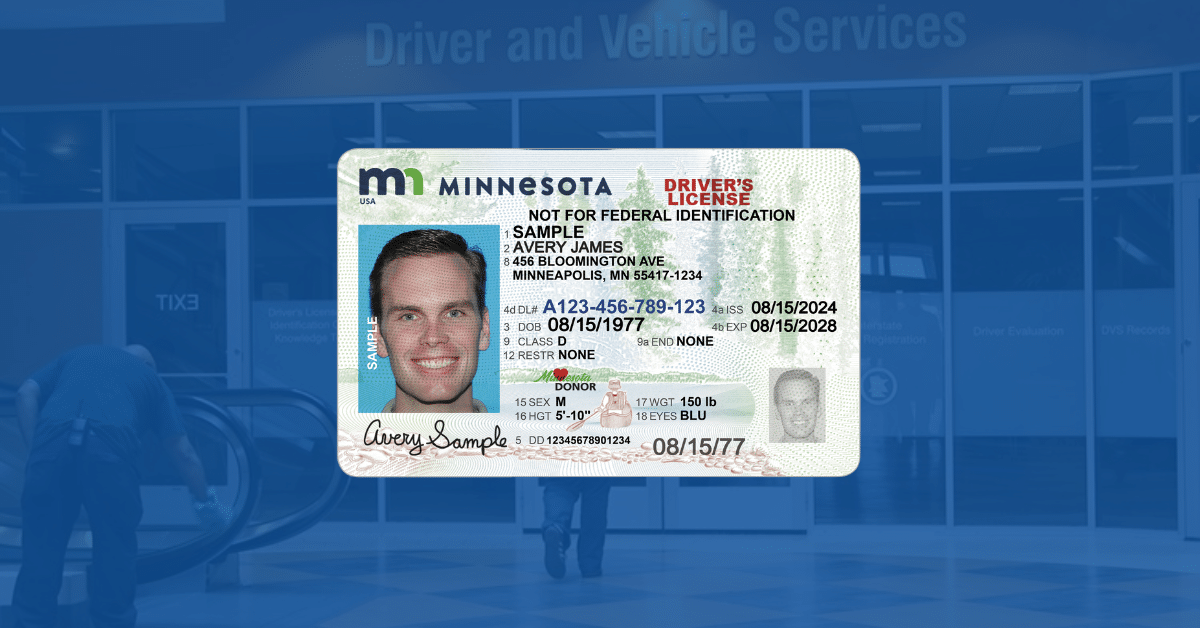Last updated on August 5th, 2024 at 02:52 pm
Retail fraud comes in many different forms but spells only disaster for retailers. It has seen a large increase in recent years and retail fraud costs retailers tens of billions of dollars each year. And yes, that’s billions with a B. Retail fraud prevention can be an essential factor in saving your business large sums of money.
Different kinds of retail fraud can be committed by either customers, employees, vendors, or some combination thereof making retail fraud prevention a battle on multiple fronts for retailers. Luckily, technology is evolving and developing into a useful weapon that retailers can employ to enhance their retail fraud prevention methods. It may be tempting at some times to throw in the towel and refuse any and all returns in an attempt to cut back significantly on fraud. Unfortunately for simplicity’s sake, that would leave the majority of customers who are honest dissatisfied as an effective return policy is, for most, a large part of what makes for a good customer service experience.
We’ll take a look at some of the technologies available to aid in retail fraud prevention without compromising on customer service, but first- what does retail fraud look like?
Returns fraud
Returns fraud is a type of retail fraud where a customer takes advantage of a retailer’s return policy in order to steal from them. This can be done by stealing an item and returning later, taking an item straight off of the rack and to the returns counter, returning used items, and returning items purchased with counterfeit money or credit cards, to name a few.
Because it can be difficult to tell at the moment of the return if fraud is occurring, store managers and other supervisors can usually get a better idea by looking at patterns over time. Some indicators that return fraud is occurring are a dramatic increase in returns, a large amount of inventory lost from one count to the next, returns occurring at high-risk times such as right after opening or just before closing, and returns for high-priced items with no receipt.
Requiring a receipt with returns can help to decrease fraud, but it, unfortunately, does not eliminate it altogether. What does greatly reduce returns fraud is making sure all employees are aware of the risk factors and policies in place to combat them. Technology can be an extremely useful preventative tool for employees and IDScan.net offers just such a solution.
Preventing returns fraud
IDWare Profit is specifically designed to help retailers prevent loss and fight retail fraud by allowing store managers and loss prevention teams to share real-time and historical data. By requiring all customers to present their ID for scanning upon making a return, patterns can be detected that can indicate retail fraud. Each time the customer presents their ID, their information is saved by the IDWare Profit system which can then alert you if a customer has reached a threshold in number or value of returns. Having on-the-spot information helps managers and employees to make faster and smarter decisions in retail fraud prevention.
Rouses Market, a grocery store chain in the Gulf South, used IDWare Profit in a handful of their stores and saw a 36% reduction in total value of returns in the first five weeks of implementation. This was such a great result that they have since implemented this solution in every one of their stores.
Vendor fraud
Vendor fraud is a different type of retail fraud which, as the name suggests, involves vendors rather than customers. Vendor fraud can be committed by one vendor, two vendors conspiring together, or a vendor with one of your own employees. The most common forms of this kind of retail fraud are over-billing, price-fixing, and bid-rigging.
Over-billing is when a vendor charges more for a product than was agreed upon by trying to squeeze things into an invoice and hoping they aren’t noticed. This can mean adding items that weren’t a part of the original deal or it can mean making up an altogether fictitious invoice.
Price-fixing is when multiple vendors of the same product agree on a certain price or price range that is unfairly high. The fact that multiple vendors conspire in this retail fraud makes it difficult for the retailer to fight it. If everyone is charging the same high price, where else can the retailer go?
Bid-rigging is a collaboration between one of a retailer’s employees and a particular vendor to convince the retailer to use the vendor despite their prices being too high. This usually involves kick-backs, or incentives, from the vendor for the employee.
Preventing vendor fraud
IDScan.net has another technological solution that can be of great help when trying to prevent vendor fraud. It’s actually an additional module of the same solution we discussed earlier, IDWare Profit, which makes it easy to combine your efforts to fight vendor and returns fraud with one product.
It’s hard to spot bad vendors, driver mistakes, and potential fraud when manually tracking back door processes across multiple locations. Automating your vendor management with IDWare Profit’s processes prevents costly vendor errors and fraud. You can start by automating vendor check-in and check-out procedures to better track vendor activity across all of your locations with minimal data collection. Use IDWare Profit to scan vendor ID cards or even custom QR codes for check-in and check-out making the process of tracking simple and fast. You can also track vendor frequency and visit duration to streamline receiver operations and vendor deliveries.
Additionally, you can track delivery shortages and overages for every invoiced order to see how vendor discrepancies are affecting your bottom line. All of the discrepancies for a particular vendor are recorded in a single invoice in a single file that can be easily accessed by a backdoor computer or smartphone. When you assess vendor risk based on past order discrepancies with our risk assessment algorithm you’ll have a better idea of which vendors require closer supervision and which you may want to let go of altogether. The best part is, you can decide what the risk threshold is that you are comfortable with.
It can be so difficult to know if fraud is occurring, especially if you are relying only on in-the-moment judgments, but you do not want to leave it up to chance. IDScan.net’s technological solutions can make all the difference in preventing retail fraud. IDWare Profit can be used for both returns and vendor fraud making it easy to fight that multi-front, retail fraud battle. It is as simple as scanning customer or vendor IDs and the IDWare Profit system will display the patterns that occur over time and that are indicative of retail fraud.




